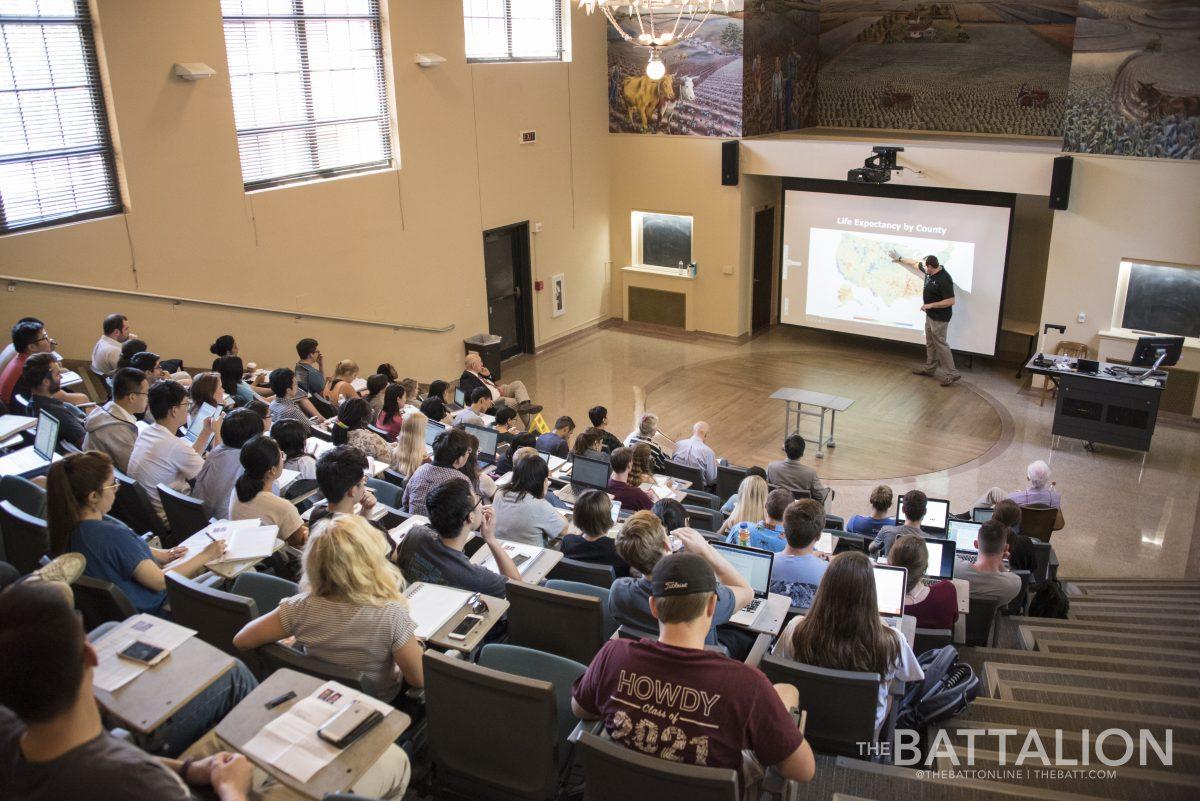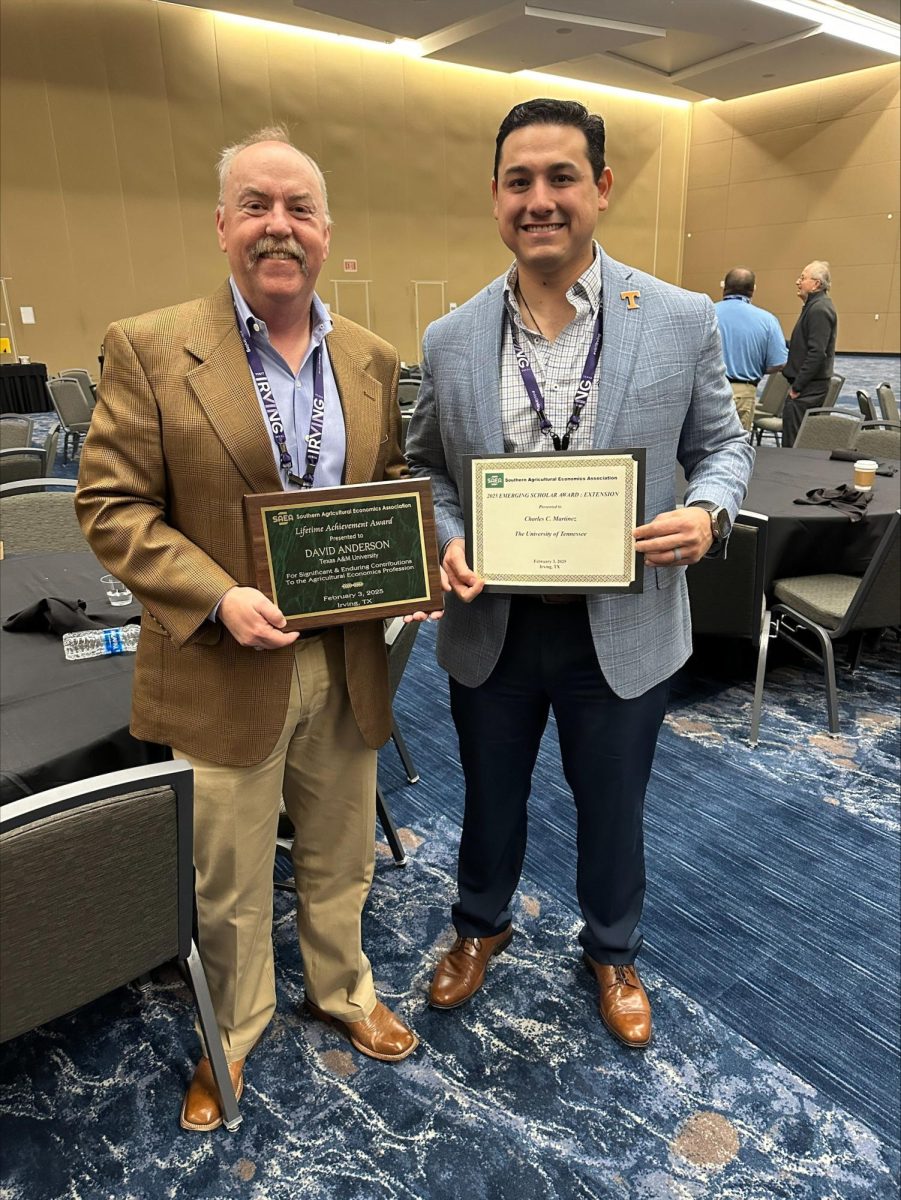A new bill, aimed at limiting the discussion of race and sex in Texas classrooms, passed through the senate and is now expected to reach Governor Abbott’s desk.
The Texas House Bill 3979 appeared to be dead in the house on Friday afternoon, but it has been revived by Senate Republicans and will likely head to the governor. This bill has raised national attention as it bans critical race theory and limits what teachers may discuss in class regarding current social and political events.
On Friday, May 28, The Texas Tribune reported that House Bill 3979 had returned to the house where it was struck down over a procedural violation raised by state Rep. James Talarico, who argued that the senate amendments to the bill were not relevant, leaving many to believe that the bill was no longer viable. However, Senate Republicans quickly voted to remove all changes pertaining to Talarico’s objection, allowing the bill to now continue on to the governor.
The bill aims to limit the discussion of current events and requires that if such events are brought up, teachers are to remain unbiased in their opinions. Advocates of the bill believe it will ensure that students are taught that all races and genders are equal, while critics fear it will hinder teachers’ abilities to effectively teach the racial history of the United States.
One such advocate, Lt. Gov. Dan Patrick, said in an official statement that the new bill will make sure students are not indoctrinated with misinformation.
“House Bill 3979 makes certain that critical race philosophies, including the 1619 founding myth, are removed from our school curriculums statewide,” Patrick said in the statement. “When parents send their children to school, they want their students to learn critical thinking without being indoctrinated with misinformation charging that America and our Constitution are rooted in racism.”
Sociology professor and researcher of Racial and Ethnic Studies Joe Feagin Ph.D. said that the term “critical race theory” is being misused in today’s political climate.
“It’s loosely used right now politically to mean any critical approach to our racial history,” Feagin said. “But its meaning is really much narrower if you know what you’re talking about.”
Feagin also said the term originated from law professors and students from leading law schools like Harvard.
“The term critical race theory was coined by law professors and law students in the late 1980s or so,” Feagin said. “A few Harvard, Princeton and Yale students started raising questions about the role of race and racism in the U.S. legal system.”
He added that teaching American history without looking at the role of race and racism would be impossible.
“About 82 percent of U.S. history is two of the most extreme systems of racial oppression in human history,” Feagin said. “That’s not 10 percent, it’s not 20 percent, it’s 82 percent. That’s a big elephant in the room right now. You cannot say that’s not critical, fundamental and foundational to this country.”
Troy Harden Ph.D., director of the Race and Ethnic Studies Institute and professor of sociology, also agreed this bill would put unnecessary pressure on Texas educators.
“A bill like this is also unfounded, and it’s not grounded in some of the facts related to history, as well as contemporary issues, particularly around race, class and gender, and as a consequence, our children suffer,” Harden said.
Americans cannot ignore the unfortunate and avoidable part of our past, Harden said
“The unfortunate parts of our past, or parts of our history, the tough things, the victories and losses, the time when our country did great and exceptional things that helped guide the world, and the times where we have fallen short,” Harden said. “All of these things can help us learn … so it is immensely important to be honest and truthful about race as well as other interesting issues such as gender, sexual orientation and even our treatment of the disabled.”
Texas House Bill banning critical race theory slated for governor’s desk
May 31, 2021
Photo by FILE
Classroom
0
Donate to The Battalion
$2790
$5000
Contributed
Our Goal
Your donation will support the student journalists of Texas A&M University - College Station. Your contribution will allow us to purchase equipment and cover our annual website hosting costs, in addition to paying freelance staffers for their work, travel costs for coverage and more!
More to Discover










